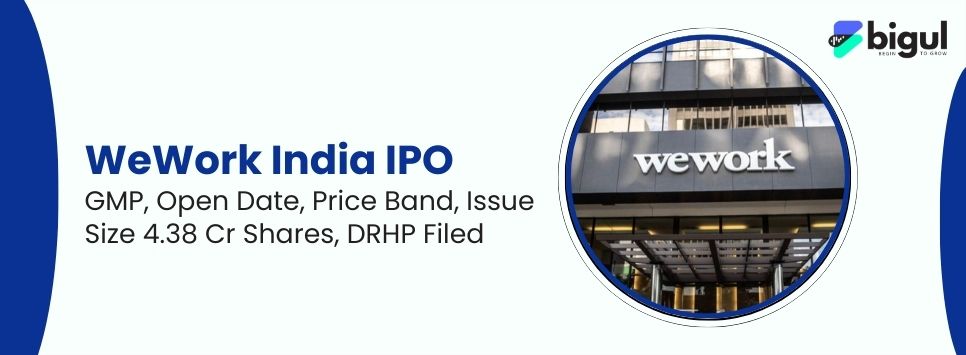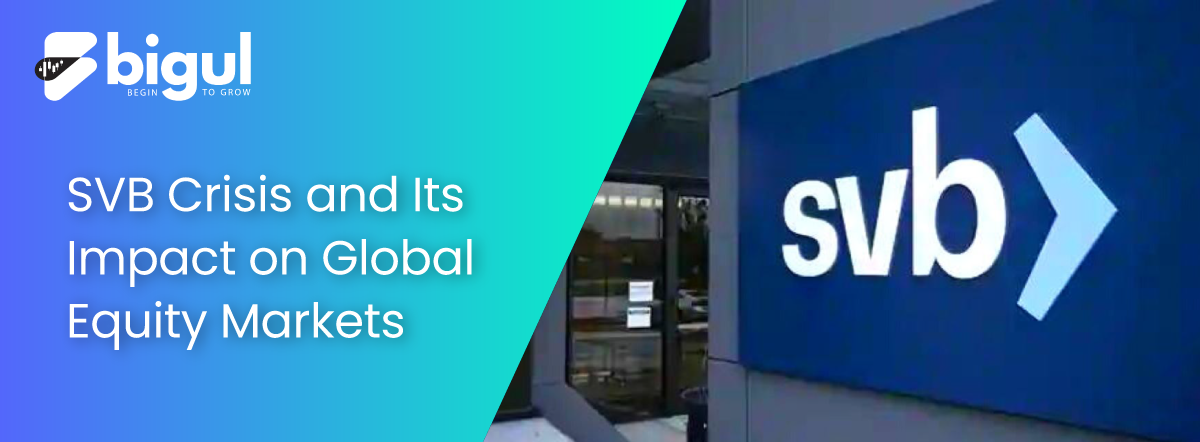Indian Markets have been under tremendous pressure over the last few days thanks to the turmoil in the global equity markets following the saga of Silicon Valley Bank (SVB). The Federal Reserve’s emergency measures gave the fire catalyst, which spooked investor sentiments and revoked the memories of the 2008 Lehman BrothersBrothers Holdings crisis.
What Caused SVB to Collapse
If we go a week back on the street, a handful of people would have known about SVB, and now things have entirely changed where SVB has become the talk of the town. Silicon Valley Bank came under scanner after the highly concentrated deposit base and huge unrealised losses on Treasuries and mortgage bonds hit the markets.
The tragedy seems to be deep where on March 07, 2023, the bank tweeted that they are proud to be on the Forbes annual ranking of USA’s best banks and on March 10, the bank went bankrupt. The banking system works on the maths of taking deposits from customers at a lower rate and lending the same money to the customers at a higher rate. In the said course of business, they also try to make some extra bucks by parking some amount of depositor money into other asset classes.
In the same way, SVB too parked some part of their depositor money in the bonds when the interest rates were on the lower side and as we all know that the Federal Reserve, which is the central bank of America, have started increasing the rate on a very sharp and continuous basis from the past few months. This has increased the bond yields above 5%, sharply increasing MTM losses for the SVB bank on their books and leading to the collapse.
The bank was started in 1983 and is now considered the most experienced and stable player in the banking industry. The banks have deposits of startups, have invested their money in the bonds and are standing at the doors of bankruptcy. The only concern for the government and the financial players is the deposit money, mainly startups and founders who have parked the cash they received from investors with SVB.
In the United States, as per the laws, the government insures deposits up to $250,000 in case of a bank’s failure, but the actual consequence was that a majority of depositors in SVB were founders of Silicon Valley enterprises who had a lot more than what was parked with the bank and this is the real matter of concern.
Impact on the Global Financial System:
There is a big difference from the 2008 crisis in that the assets that banks hold this time consist of US treasury bonds, supposedly the safest in the world. On the other hand, 15 years ago, the banks invested in so-called subprime assets and derivatives, which no one understood beyond a point.
The swift action by the Federal Reserve has limited the bigger impact on the financial system of the United States. On the other hand, the market still is looking for a hunt on the other smaller banks all over the globe, and a beat on the stock prices is visible in the global stock markets. In the UK, a small office of SVB was easily taken over by HSBC Holdings Plc, which is a sign that the ripple effect on the European part may be smaller than anticipated.
Banks and financial entities in the UK and European countries are subject to more stringent liquidity rules than in the US, which means they must keep a higher level of cash and easily cash-convertible assets against their deposits.
Why Indian Markets are Worried:
On the domestic front, We are one of the essential players in the overall global economy and the supply chain system; any major financial crisis or the related new flows will affect various market players within the country. Sectors exposed to the global financial system, the goods and services providers to multiple countries, and the service providers, especially American countries, will be impacted financially and sentiment-wise.
While the SVB issue is not expected to be more vulnerable to the Indian context, the caution winds will soon flow. As an investor, one has to be on the sidelines for the short term and utilise any significant correction to build a longer-term portfolio. Short-term traders may remain in the back seat or at least hedge their open positions until the issue gets resolved or go into a soft corner which may not impact markets regularly.







.jpg)
.jpg)
